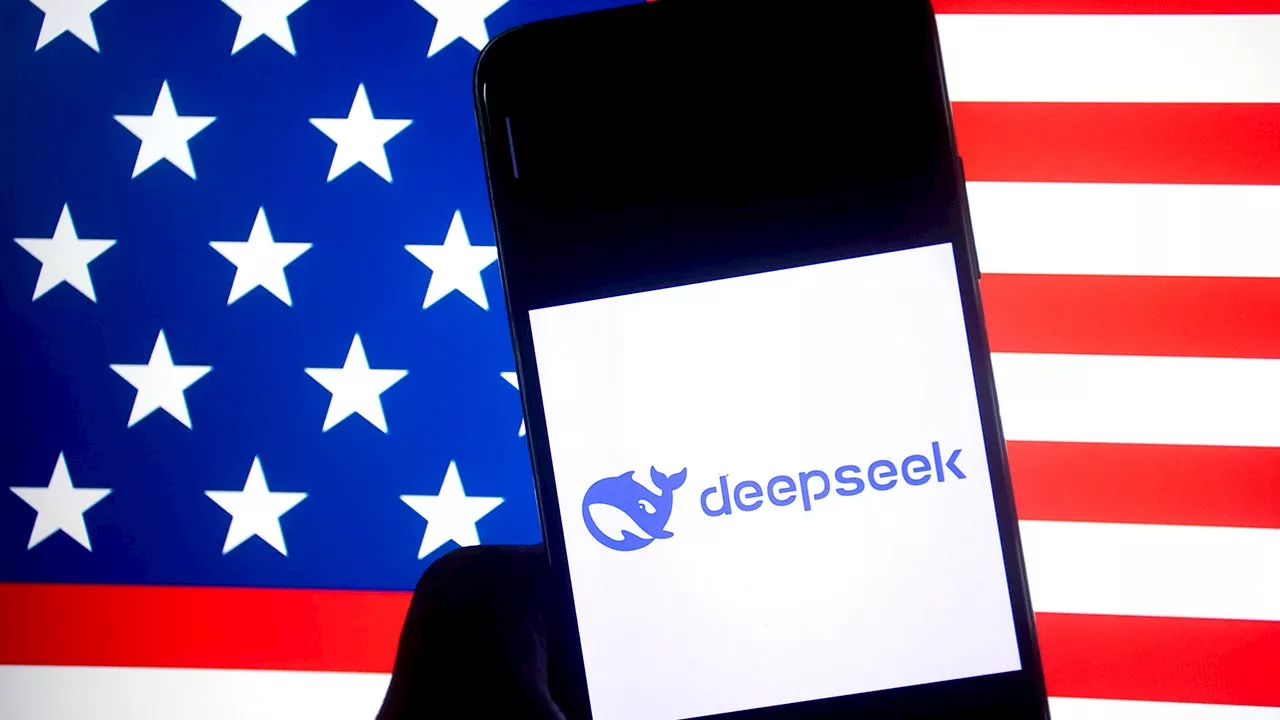Advanced smart driving will become a standard safety feature similar to seatbelts and air bags, BYD’s founder and chairman Wang Chuanfu said.
Chinese electric car giant BYD announced late Monday that it was releasing a"DiPilot" assisted driving system for its cars, which includes a 69,800 yuan low-cost vehicle.
The automaker announced that it was releasing a"DiPilot" assisted driving system across its range of cars, which includes a 69,800 yuan low-cost vehicle.That makes BYD likely the first automaker in China to offer such advanced driver-assistance capabilities for a vehicle below 70,000 yuan, Nomura analysts said in a Tuesday note."BYD is changing its competition strategy from price cutting last year to functions' upgrade in 2025," the analysts said.
"The DeepSeek integration is very significant," said Tu Le, founder and managing director of Sino Auto Insights,"because now there's a homegrown standalone AI technology that BYD can work with to offer equivalent intelligent features offered by their competitors." More than two years ago, Chinese automakers had started offering driver-assistance features as a way to stand out in China's fiercely competitive electric car market. But BYD management told investors in March 2023 that when it comes to"smart driving," it was difficult to determineOn Monday, BYD said so-called smart vehicles can improve road safety by monitoring road conditions and avoiding dangers, while big data and AI models will improve the tech over time.
United States Latest News, United States Headlines
Similar News:You can also read news stories similar to this one that we have collected from other news sources.
 DeepSeek vs. ChatGPT: Hands On With DeepSeek’s R1 ChatbotDeekSeek’s chatbot with the R1 model is a stunning release from the Chinese startup. While it’s an innovation in training efficiency, hallucinations still run rampant.
DeepSeek vs. ChatGPT: Hands On With DeepSeek’s R1 ChatbotDeekSeek’s chatbot with the R1 model is a stunning release from the Chinese startup. While it’s an innovation in training efficiency, hallucinations still run rampant.
Read more »
 China: AI’s Sputnik moment? A short Q and A on DeepSeekOn 20 January the Chinese start-up DeepSeek released its AI model DeepSeek-R1.
China: AI’s Sputnik moment? A short Q and A on DeepSeekOn 20 January the Chinese start-up DeepSeek released its AI model DeepSeek-R1.
Read more »
![]() Chinese AI Company DeepSeek Releases Image GeneratorOpenAI accuses Chinese AI startup DeepSeek of improperly using its models to train its own image generator, DeepSeek. OpenAI claims to have 'some evidence' that DeepSeek engaged in 'distillation,' a method of replicating AI models by using their output for training. Microsoft, which holds a 49% stake in OpenAI, discovered last fall that individuals linked to DeepSeek had extracted a significant amount of data via OpenAI's API. This news has sparked controversy, with some pointing out the irony of OpenAI accusing DeepSeek of practices similar to those OpenAI itself has been accused of.
Chinese AI Company DeepSeek Releases Image GeneratorOpenAI accuses Chinese AI startup DeepSeek of improperly using its models to train its own image generator, DeepSeek. OpenAI claims to have 'some evidence' that DeepSeek engaged in 'distillation,' a method of replicating AI models by using their output for training. Microsoft, which holds a 49% stake in OpenAI, discovered last fall that individuals linked to DeepSeek had extracted a significant amount of data via OpenAI's API. This news has sparked controversy, with some pointing out the irony of OpenAI accusing DeepSeek of practices similar to those OpenAI itself has been accused of.
Read more »
 DeepSeek AI Software Banned from US Government Devices Over National Security ConcernsHouse lawmakers are introducing legislation to ban the Chinese AI software DeepSeek from US government devices citing national security risks and alleged ties to the Chinese Communist Party. The bill, 'No DeepSeek on Government Devices Act,' is backed by bipartisan support and follows a similar ban on TikTok over data-sharing concerns. Research suggests DeepSeek's code is linked to the Chinese Communist Party and China Mobile, a company with close ties to the Chinese military. Lawmakers warn that DeepSeek could be used to steal sensitive data from US citizens and threaten national security.
DeepSeek AI Software Banned from US Government Devices Over National Security ConcernsHouse lawmakers are introducing legislation to ban the Chinese AI software DeepSeek from US government devices citing national security risks and alleged ties to the Chinese Communist Party. The bill, 'No DeepSeek on Government Devices Act,' is backed by bipartisan support and follows a similar ban on TikTok over data-sharing concerns. Research suggests DeepSeek's code is linked to the Chinese Communist Party and China Mobile, a company with close ties to the Chinese military. Lawmakers warn that DeepSeek could be used to steal sensitive data from US citizens and threaten national security.
Read more »
 DeepSeek's ChatGPT Rival Sparks Controversy Over Training MethodsChinese startup DeepSeek has caused a stir with its AI model, DeepSeek R1, which rivals ChatGPT in capabilities but was trained at a fraction of the cost. While DeepSeek's achievement is impressive, OpenAI alleges that DeepSeek utilized unethical methods, specifically 'distillation,' by training R1 on data from ChatGPT. This raises concerns about intellectual property theft and potentially violates OpenAI's terms of service. The situation echoes previous controversies surrounding ChatGPT's own training data, further highlighting the ethical complexities in the rapidly evolving field of AI.
DeepSeek's ChatGPT Rival Sparks Controversy Over Training MethodsChinese startup DeepSeek has caused a stir with its AI model, DeepSeek R1, which rivals ChatGPT in capabilities but was trained at a fraction of the cost. While DeepSeek's achievement is impressive, OpenAI alleges that DeepSeek utilized unethical methods, specifically 'distillation,' by training R1 on data from ChatGPT. This raises concerns about intellectual property theft and potentially violates OpenAI's terms of service. The situation echoes previous controversies surrounding ChatGPT's own training data, further highlighting the ethical complexities in the rapidly evolving field of AI.
Read more »
 Microsoft Investigates Claims of DeepSeek's Illicit Training MethodsMicrosoft is probing allegations that Chinese AI firm DeepSeek utilized unethical practices to train its reasoning models, potentially violating OpenAI's terms of service by accessing its API for training purposes. This follows remarks by White House AI czar David Sacks, who suggested DeepSeek might have 'stole intellectual property' from the US. DeepSeek's rapid and cost-effective AI development has raised eyebrows, with speculation that it might have leveraged another company's model as a foundation. Microsoft alleges DeepSeek extracted a significant amount of code from OpenAI's API in late 2024. DeepSeek, hailed as an open-source platform, now faces scrutiny over its model development practices.
Microsoft Investigates Claims of DeepSeek's Illicit Training MethodsMicrosoft is probing allegations that Chinese AI firm DeepSeek utilized unethical practices to train its reasoning models, potentially violating OpenAI's terms of service by accessing its API for training purposes. This follows remarks by White House AI czar David Sacks, who suggested DeepSeek might have 'stole intellectual property' from the US. DeepSeek's rapid and cost-effective AI development has raised eyebrows, with speculation that it might have leveraged another company's model as a foundation. Microsoft alleges DeepSeek extracted a significant amount of code from OpenAI's API in late 2024. DeepSeek, hailed as an open-source platform, now faces scrutiny over its model development practices.
Read more »
